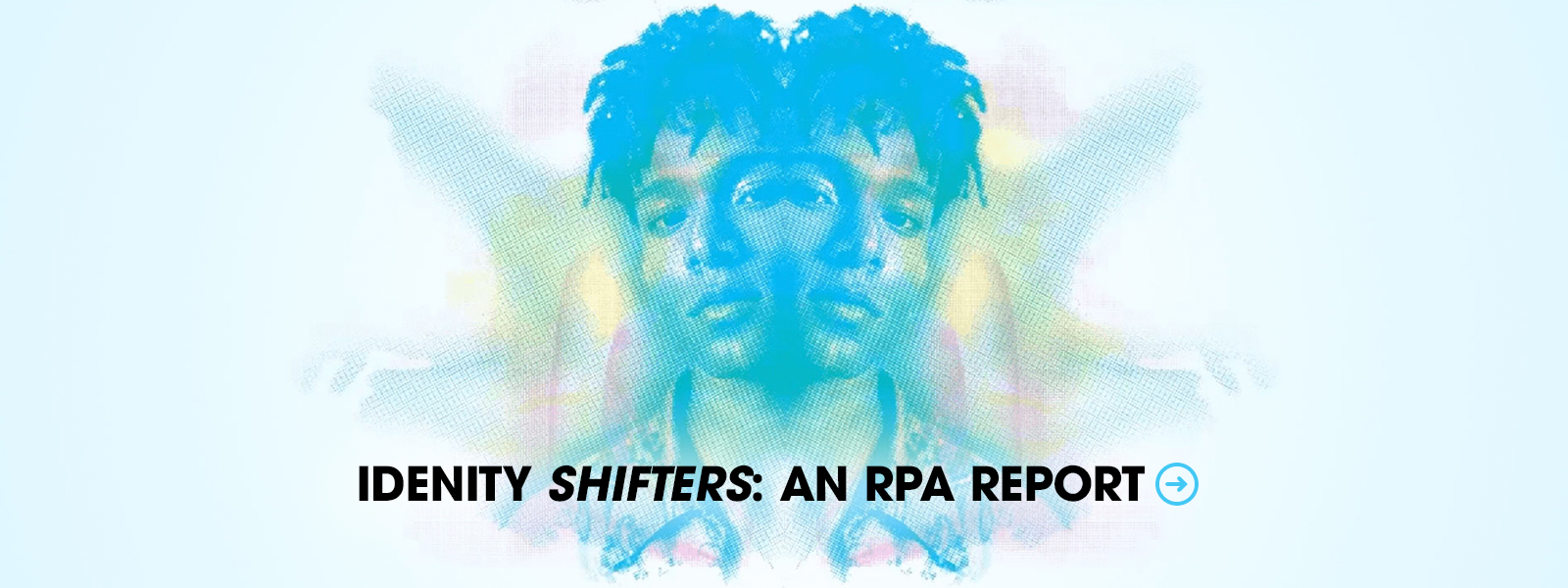

Much has been written about Gen Z: raised by TikTok, stung by the pandemic, mistrustful of the media, lonely, in therapy, and seriously dubious when it comes to working 9-to-5. Five years on from our original groundbreaking research, we wanted to take a fresh look at how this generation of “Identity Shifters” is navigating their world. And what immediately struck us is how one particular “identity” has taken on such a prominent role in impacting the generation as a whole.
In a new series of dispatches, we’ll unpack what it means for marketers that the latest Gen Z population is heavily Hispanic.
Dispatch #1: Who are "Gen Z Hispanics?"
Dispatch #2: The Hardest Thing I've Ever Done in My Life
Dispatch #3: Millionario Mindset
Coming Soon
Dispatch #4: You Know You’re Hispanic When…
We've been studying Gen Z for many years.
In late 2019, RPA conducted dedicated research on Gen Z and published a comprehensive report that sought to understand the attitudinal and behavioral shifts that defined Gen Z. In that report, we focused much of our attention on the diversity and multiculturalism of this generation and how these Gen Z “Identity Shifters,” as we called them, move relatively fluidly in and out of their own and borrowed cultures and identities to suit their immediate tastes and needs. We made several other prescient observations, among them the increasing fluidity of gender norms in particular, the ready embrace of AI, and the rising malleability of perceived reality.


















